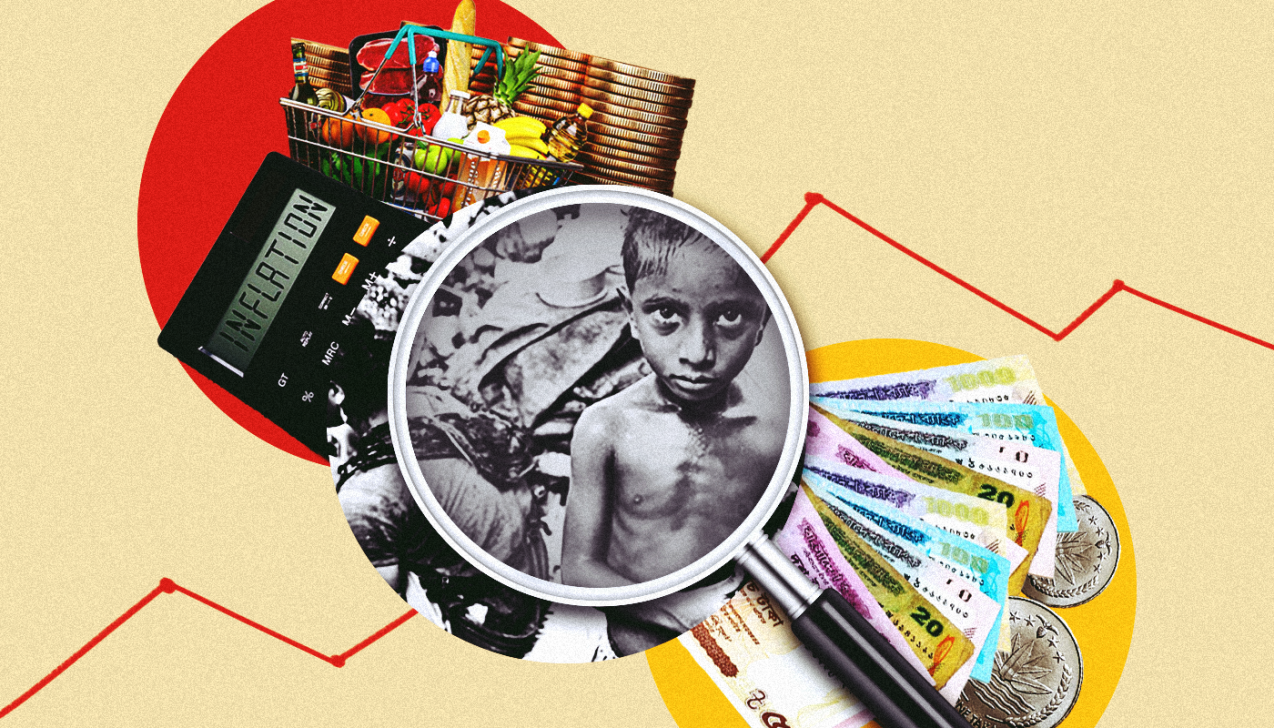How Bangladesh can institutionalise social enterprises

Bangladesh stands out globally for its two seminal contributions to social innovation: BRAC's model of enterprise-based development and Professor Muhammad Yunus's concept of social business. Both showed how market mechanisms can be used to achieve social objectives. Yet, despite influencing global practice in social impact, Bangladesh has struggled to build momentum in expanding and supporting social enterprises. The very country that inspired much of Asia's social enterprise thinking has failed to institutionalise it at home.
As traditional development aid declines and donors such as USAID scale back, Bangladesh faces a widening gap between community needs and available funds. But this is not simply a story of shortage. It is a story of unused strength. For decades, ordinary Bangladeshis have stepped up where bureaucracy faltered, by organising relief after floods, pandemics, and fires, contributing to informal neighbourhood charities, and giving generously during crises. The habit of helping each other is part of who we are. What we lack are the public structures that can turn this energy into lasting, organised impact through social enterprises that meet people's needs when the government cannot.
While definitions of social enterprise vary globally, the World Economic Forum notes that social enterprises exist to address social and environmental challenges. They prioritise purpose over profit, earn part of their income through trading, and reinvest the majority of their surplus towards their mission.
To understand why social enterprise flourishes in some countries but stagnates in others, we can turn to Janelle A Kerlin's macro-institutional social enterprise framework. Kerlin argues that cross-country variation in social enterprise arises from the interaction of a nation's formal and informal institutional structures. The framework identifies four key institutional pillars: government, economy, civil society, and culture. Together, these pillars shape how social enterprise evolves within each country. Bangladesh aligns with what Kerlin terms the "individual self-sustainability model," where weak state capacity and limited markets lead individuals and civic groups to create community-based enterprises supported by microfinance and aid. These ventures arise from necessity and rely on trust and informal networks rather than policy or market incentives.
Bangladesh's social enterprise ecosystem remains fragmented and largely driven by private and development actors. The only national survey, conducted by the British Council in 2016, found that while the sector is growing and creating jobs, most ventures operate without clear recognition or policy support. Since there is no official definition or single regulatory framework, the term "social enterprise" is used broadly to cover NGOs, charities, social businesses, and small community initiatives.
Organisations such as the Yunus Centre, YY Ventures, Startup Bangladesh, and United Nations Development Programme (UNDP) have supported promising initiatives in areas like sustainable fashion, waste recycling, health, and renewable energy. Yet these remain scattered, with no national strategy to coordinate them. No government body oversees funding, training, or research, and there is no registry to distinguish genuine social enterprises from Corporate social responsibility (CSR) projects or charities. Most organisations still depend on donations and grants and face familiar barriers, including limited access to capital, a lack of fiscal incentives, skill shortages, and low public awareness. According to the Doing Good Index 2024 by the Centre for Asian Philanthropy and Society, Bangladesh offers limited and sector-restricted tax incentives for social-purpose organisations and also requires more time and clearances for registration than the regional average, which discourages formalisation as well as public–sector linkages such as social procurement.
British Council estimates suggest that around 150,000 organisations, including SMEs and NGOs that fit social enterprise criteria, are active across the country. Bangladesh's broader impact and startup ecosystem have drawn nearly $950 million in investment and generated over 15 lakh jobs since 2013,while SMEs account for around 25 percent of GDP, which shows that enterprise-led growth is already shaping the country's economic future. However, this potential is neither recognised nor scaled for public good since social enterprises remain outside formal policy frameworks.
Across Southeast and East Asia, several countries have done what Bangladesh has not yet managed to do. They have made social enterprise part of state policy rather than leaving it to private initiatives. Malaysia has integrated social enterprise into national planning through its Social Entrepreneurship Blueprint 2030 and an accreditation system run by the Malaysian Global Innovation and Creativity Centre. This connects social enterprises to funding, training, and procurement, embedding them within the country's entrepreneurship strategy.
Thailand's Social Enterprise Promotion Act (2019) established a national fund, tax incentives, and a clear legal identity for social enterprises. The government moved from treating social entrepreneurs as charitable actors to recognising them as part of the formal economy capable of generating jobs and addressing inequality.
Taiwan's Social Innovation Action Plan (2018) goes further. By linking ministries, corporations, and universities under a single platform, Taiwan has tied social enterprise directly to its innovation and growth strategy and aligned it with the UN Sustainable Development Goals.
Even smaller countries have made progress. Sri Lanka's 2016 SME Policy recognises social enterprise as a tool for local development, backed by the British Council, UNDP, and Oxfam. Indonesia integrates Islamic cooperative and zakat traditions into government plans, merging religious giving with enterprise and welfare goals.
Bangladesh can learn from these examples. First, our government should develop a national social enterprise strategy that defines legal identity, accreditation, and support mechanisms, linking social enterprise to national development priorities. Second, a social enterprise fund, which could provide blended finance to de-risk innovation and attract private investors, should be established. Third, social enterprises should be included in SME and social protection policies so they can access government assistance alongside traditional businesses. Finally, systematic data collection on giving and social entrepreneurship is crucial for designing evidence-based policies. Partnerships with religious trusts and philanthropic organisations could also help channel faith-based giving into accountable, enterprise-driven impact.
Bangladesh does not need to import ideas from the West; the solution lies within reach. The country's greatest resource has always been its people: inventive, generous, and resilient in the face of crisis. This capacity for collective action already provides a cultural and moral foundation for social enterprise. The government's task now is to match that human potential with institutional formalisation. If microcredit was the innovation that defined Bangladesh's first generation of social change, social enterprise could be the innovation that defines the next, but only if the state is willing to build the structures that allow it to grow.
Tahmid Hasan is PhD student of public policy at the Andrew Young School of Policy Studies – Georgia State University. He can be reached at thasan6@gsu.edu.
Views expressed in this article are the author's own.
Follow The Daily Star Opinion on Facebook for the latest opinions, commentaries and analyses by experts and professionals. To contribute your article or letter to The Daily Star Opinion, see our guidelines for submission.




 For all latest news, follow The Daily Star's Google News channel.
For all latest news, follow The Daily Star's Google News channel. 
Comments